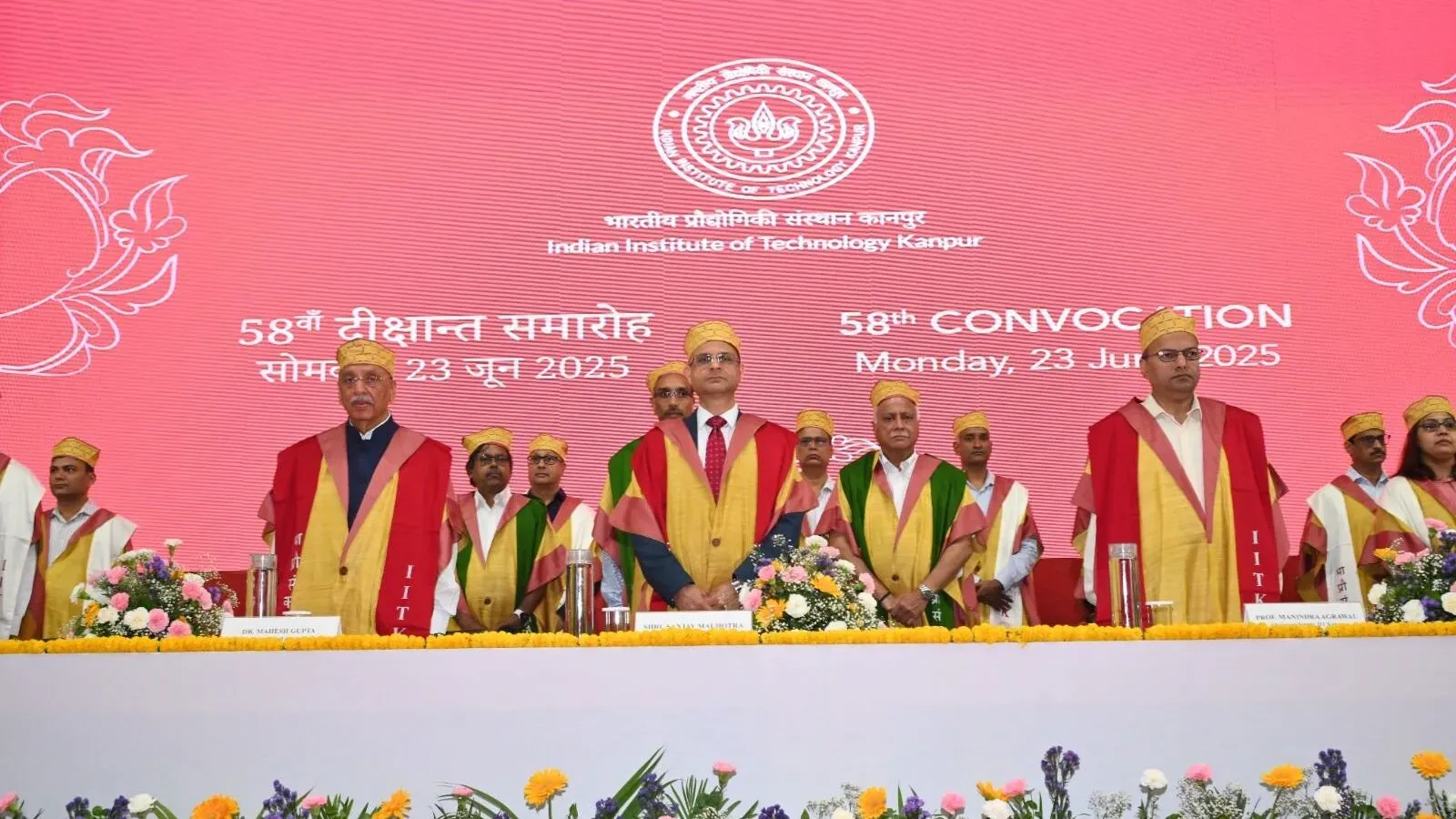Personal Finance News
RBI's new rule: No prepayment charges on floating rate home loans from January 1, 2026
.png)
4 min read | Updated on July 03, 2025, 09:54 IST
SUMMARY
Reserve Bank of India (Pre-payment Charges on Loans) Directions, 2025: The RBI decided to remove the levy of foreclosure charges after noticing the REs have been using divergent practices regarding pre-payment charges.

RBI scraps prepayment charges on floating rate loans from January 1, 2026. | Image source: Shutterstock
Floating rate home loan borrowers, as well as other borrowers with floating rate loans and advances, will not have to pay any prepayment charges from next year, according to the RBI.
The new rule will apply only to all floating-rate loans sanctioned or renewed on or after January 1, 2026.
-
The lender shall not levy pre-payment charges on all loans granted for purposes other than business to individuals, with or without co-obligants.
-
For all business purpose loans to individuals and Micro and Small Enterprises (MSEs), with or without co-obligants:
-
A commercial bank shall not levy any pre-payment charges. However, the following are excluded from this rule: Small Finance bank, Regional Rural bank and Local Area bank), a Tier 4 Primary (Urban) Co-operative bank, an NBFC-UL, and an All India Financial Institution.
-
No pre-payment charges on loans with sanctioned amount/limit up to ₹50 lakh by a Small Finance bank, , a Regional Rural bank, a Tier 3 Primary (Urban) Co-operative bank, State Cooperative bank, Central Cooperative bank, and an NBFC-ML.
Who will benefit?
The RBI's decision will benefit floating-rate home and other loan borrowers.
Most of the home loans these days are floating-rate loans. This decision will also benefit borrowers of all floating-rate loans, including MSE borrowers.
The central bank further said that the above directions will be applicable irrespective of the source of funds used for pre-payment of loans, either in part or in full, and without any minimum lock-in period.
Why this decision?
The RBI decided to remove the levy of foreclosure charges after noticing the REs have been using divergent practices regarding pre-payment charges.
"Reserve Bank’s supervisory reviews have indicated divergent practices amongst Regulated Entities (REs) with regard to levy of pre-payment charges in case of loans sanctioned to MSEs which lead to customer grievances and disputes," RBI said on July 2, 2025.
"Further, certain REs have been found to include restrictive clauses in loan contracts/ agreements to deter borrowers from switching over to another lender, either for availing lower rates of interest or better terms of service," it added.
What about fixed-term loans?
The RBI has also put some restrictions regarding prepayment charges of fixed term loans.
"However, in case of term loans, pre-payment charges, if levied by the RE, shall be based on the amount being prepaid. In case of cash credit/ overdraft facilities, pre-payment charges on closure of the facility before the due date shall be levied on an amount not exceeding the sanctioned limit," RBI said.
What about cash credit/ overdraft facilities?
In case of cash credit/ overdraft facilities, no pre-payment charges shall be applicable if the borrower intimates the RE of his/ her/ its intention not to renew the facility before the period as stipulated in the loan agreement, provided that the facility gets closed on the due date, the RBI said.
What about when the RE asks for prepayment?
In this case also, an RE shall not levy any charges where pre-payment is effected at its instance.
An RE can also not levy any charges/ fees retrospectively at the time of pre-payment of loans, which it has earlier waived off.
Rules to be mentioned in KFS
The RBI has said that the applicability or otherwise of pre-payment charges should be clearly disclosed in the sanction letter and loan agreement.
Further, the Key Facts Statement (KFS) should also mention the rules and charges clearly. A bank cannot levy pre-payment charges that have not been disclosed in the KFS.
By signing up you agree to Upstox’s Terms & Conditions
About The Author
Next Story



